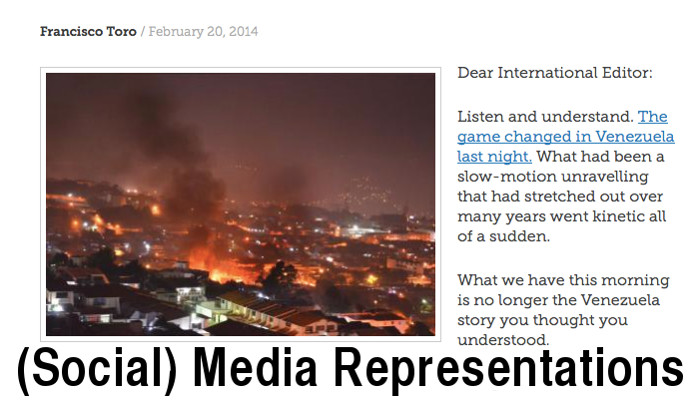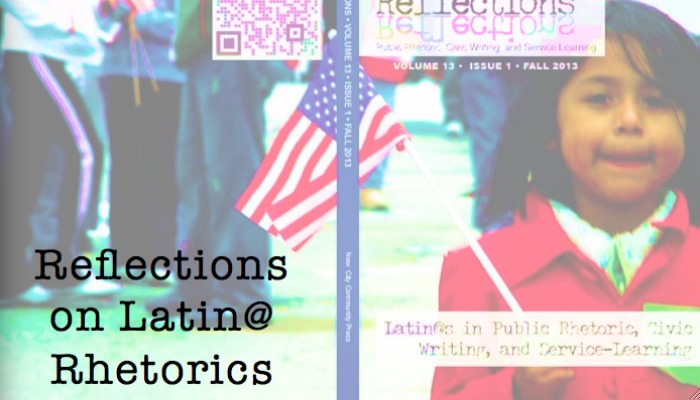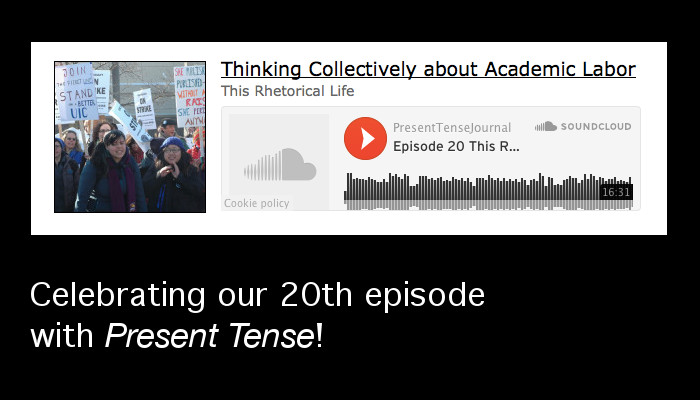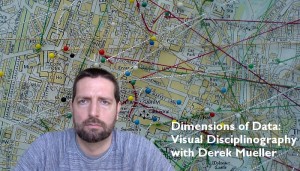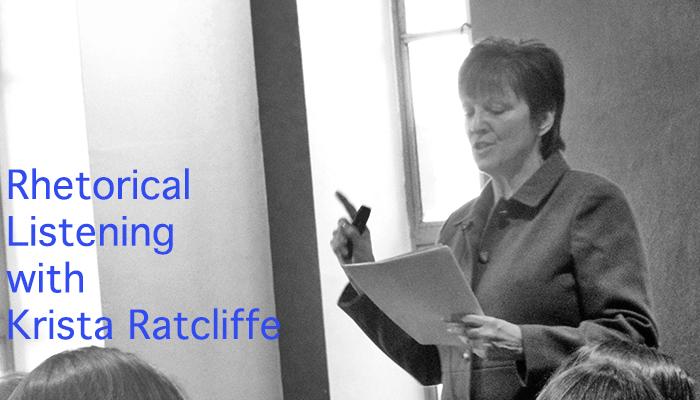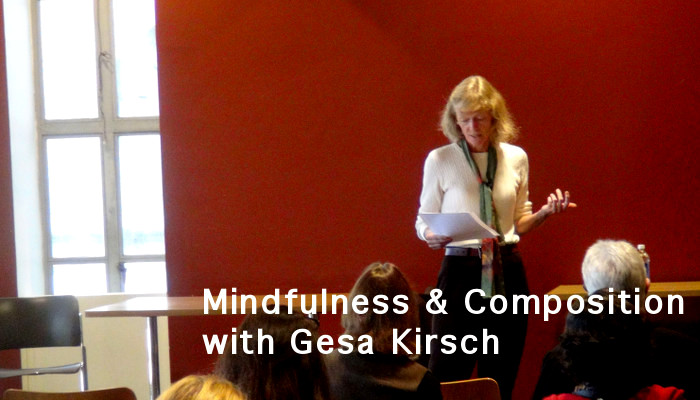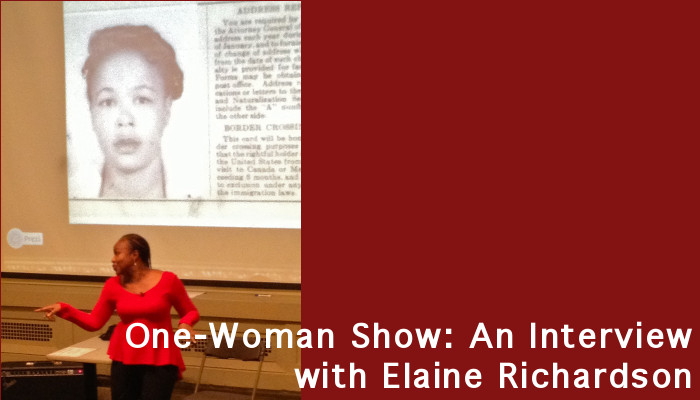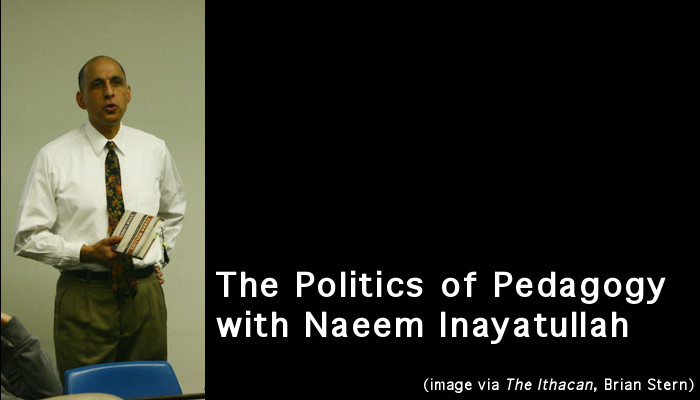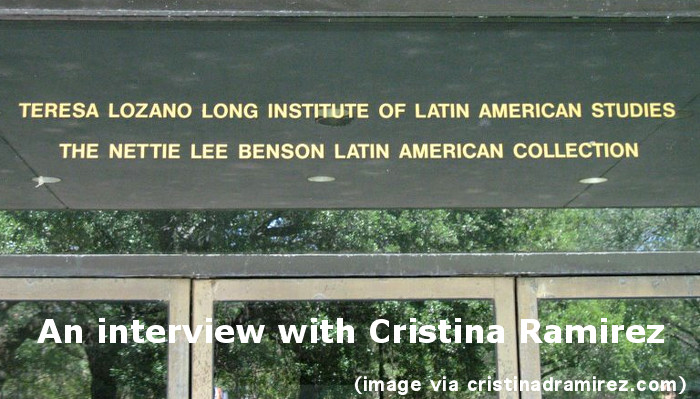Even as I sort of talk about the notion of community, though, I think that it’s important to problematize that emphasis because it suggests a homogeneity that may inadvertently exclude other voices or presume that a gender issue isn’t also a race issue, a class issue, a sexuality issue. So I think it’s very important even as we sort of try to come together and be advocates and change agents to really use this conference through venues such as the gender caucus tomorrow and the race caucus a little later this afternoon to problematize and not presume that everyone feels included—that we’re one big happy family. Because that’s not realistic. Every community operates within a system of power, and who feels enabled by that, and who feels disenfranchised? — Kris Blair
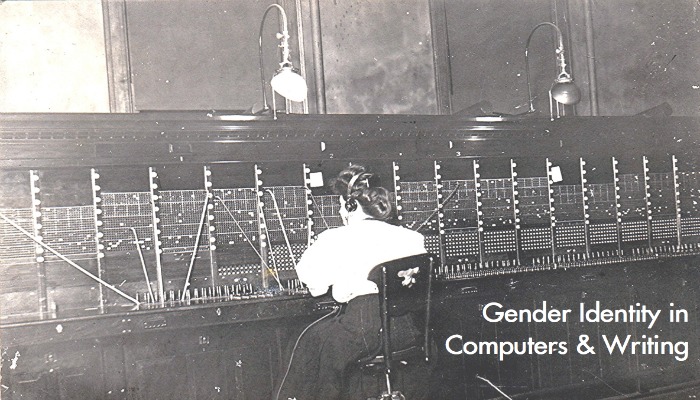
Telephone operator and switchboard, Kalamazoo, Michigan. RPPC, Postmarked 1908. Image Credit: Wystan. http://bit.ly/1rojU6h
Episode 23 is a special compilation of statements collected from this past year’s Computers & Writing in Pullman, WA. Inspired in part by the excellent line of female keynotes (on disability, access, and women in technology fields), the second year of the gender caucus, and a general urgency in the field—and beyond—to discuss what it’s like to be a woman working and researching and teaching in a male-dominated field, we put out a call for women scholars to share their experiences in the field. This podcast features statements from 12 teacher-scholars ranging from graduate students who attended C&W for the first time to women who have actively shaped the field.
To access a PDF of the full transcript, please click here: Transcript for Episode 23
The music sampled in this podcast is “Por Supuesto,” “Blessed,” and “Not the Droid” by Podington Bear, “Homesick” by Keytronic, and “Rain-bow Window” by Diaphane.
Podcast: Play in new window | Download
